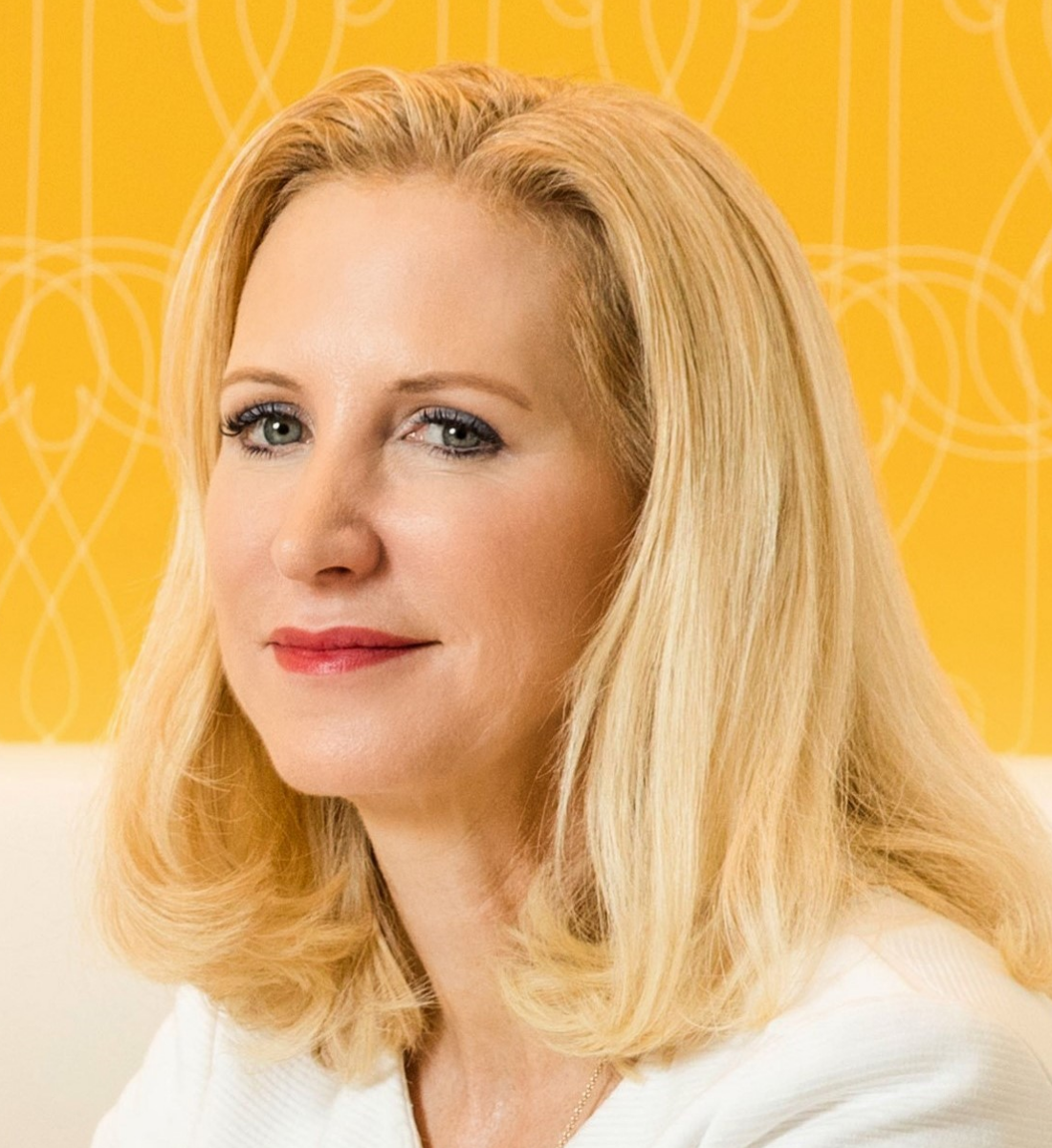THE
BALANCING
ACT

We need to get rid of this concept of balance because it is a construct that the world puts on us, or worse yet, we put on ourselves that is really not achievable. I think we tend to think about balance in time-limited circumstances, and in my experience, I need to free myself from the expectation.
It is important to come up for air and really evaluate how we are divvying up our time and energy because it is not limitless. We must be thoughtful and proactive about it because it will get out of whack. We just have to give ourselves that space to realize that today is another day to start again and to try to start inching back in a direction that we want. It's like a pendulum, and as long as we're aware of where we are on that pendulum and have the opportunities to kind of redirect and course correct along the way, I think we're going to live much more fully and have a lot less guilt.

Jennifer Grove
Vice President – External Relations
Baptist Healthcare
A commonly used phrase that, so far, defined the various aspects associated with juggling professional and personal life,
particularly by women – work-life balance.
When asked what their mantra was for balancing a successful career, the top three
responses that came up included:

Building
effective teams

Effective
time management

Building a
strong support system
These findings corroborate with the management skills that leaders agree make for better executives, i.e., collaborating with and developing people and teams and effective and open communications.
But how does this mantra affect the culture you may want to foster as a leader?
The only difference between the three is the empathetic work culture when leaders try to balance their professional and personal lives by ensuring effective time management and building a strong support system. Ensuring a collaborative and open-door culture that is transparent and inclusive is still top of the list.
But is there such a thing as balance?
The concept of a work-life balance was first coined in the 1970s and the 80s by baby boomers who strove to find a balance between their careers, their recreation time, and their family time. This was during the Women's Liberation Movement in the U.K.1
The premise was that women 'needed' that time off in the form of maternity leave and flexible schedules while men could go on with their work unencumbered by housekeeping and family raising.
Today, work-life balance has evolved into a more inclusive sense of being wherein both men and women have different sets of priorities. With the Great Resignation that followed COVID-19, workers are looking for less stress and more flexibility and autonomy in the workplace.2
As you move up the career ladder, the question of balance must evolve into accomplishing your priorities through delegation and a sound support network.
"I think there's a feeling of being overwhelmed when you've got too many priorities. You don't know where to start. You feel like you're getting to the end of the day and you've not achieved anything. And this is where you need to be kind to yourself. Prioritize and delegate. Make a plan of action and understand where to bring in your team. And most importantly, do not forget to plan for things that give you your energy. It is really easy to stop looking after yourself.

Lesley Salmon
Senior Vice President and Global Chief Information Officer, Kellogg Company
Dr. Jacqueline Kosecoff, Managing Partner, Moriah Partners, agrees.
You can't be in charge of everything. But on the other hand, you can try and manage much better. And one of the advantages of a long and semi-successful career is that you can have that optionality to create that portfolio.

Dr. Jacqueline Kosecoff
Managing Partner, Moriah Partners
IS SELF-CARE THE NEW DEFINITION OF
WORK-LIFE BALANCE?
One of the pieces of advice I've tried to give myself and others is about taking care of yourself, because if we don't take care of ourselves, how can we be there for our families? How can we be there for our companies and our team?

Stephanie Linnartz
Former President, Marriott International
The idea of self-care establishes a regime that allows you to be of sound body and mind as you make decisions that effectively evolve the culture of your workforce—and your firm. Taking time off – whether it is through meditation, vacations, unwinding with a good book or spending quality time with your family – allows you to build a diversity of thought that trickles down to your team and the rest of the talent pool.
Each leader is different. Each circumstance is different. What matters is what you do with the situation to evolve yourself as a leader. As Hina Nagarajan, Managing Director and Chief Executive Officer, etc. of Diageo India put it, "Do hard well."
Giving yourself that time to step back to reevaluate with a fresh mind ultimately helps you imbibe a different type of awareness on what people really can add and how to pivot those capabilities to the benefit of your firm.




